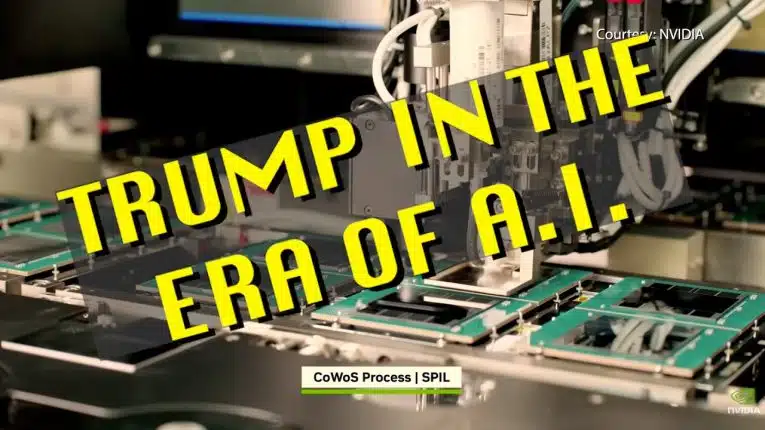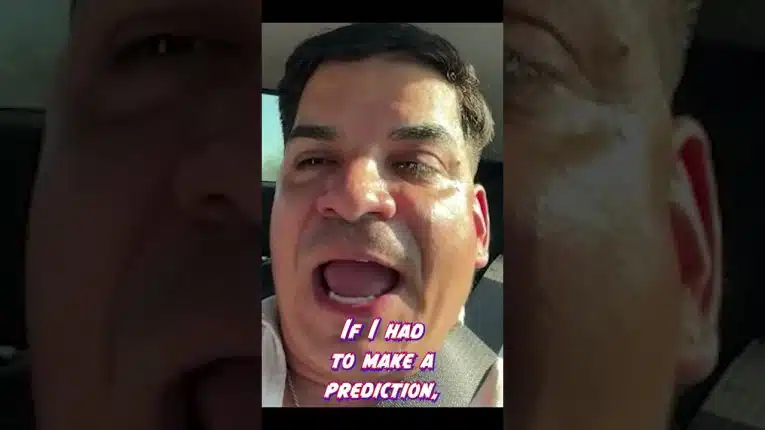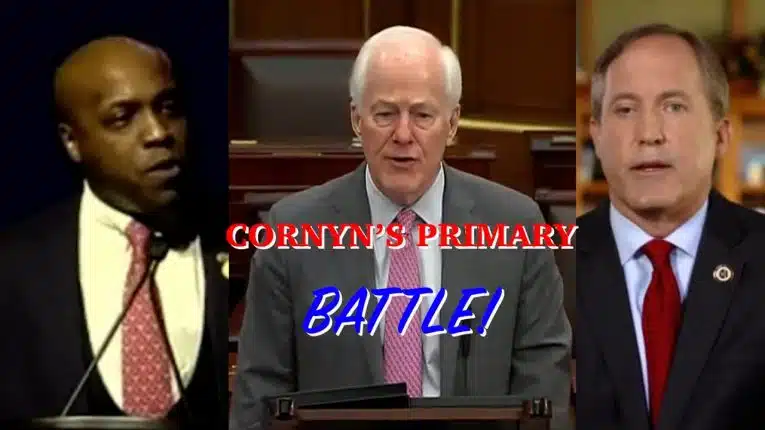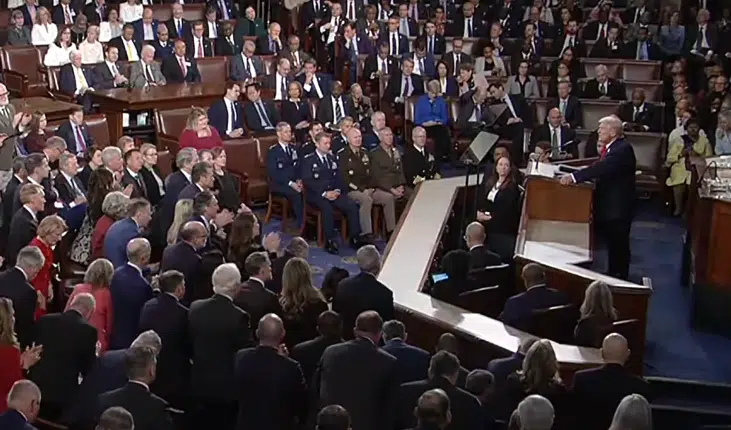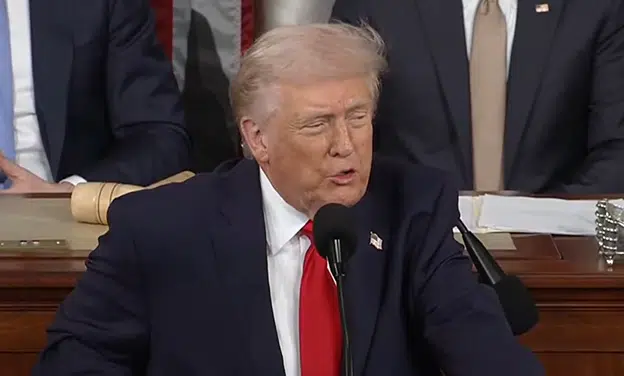 By David Bozeman — The Great Recession has produced one thin silver lining for some of the nation’s unemployed: the opportunity to serve others. Along with polishing your resume and networking, most job search experts advise volunteer work as a meaningful way to fill the time. Aside from such practical advantages as maintaining a routine and possibly accessing unpublished job opportunities, volunteer work stirs the humanity of both the giver and the beneficiary.
By David Bozeman — The Great Recession has produced one thin silver lining for some of the nation’s unemployed: the opportunity to serve others. Along with polishing your resume and networking, most job search experts advise volunteer work as a meaningful way to fill the time. Aside from such practical advantages as maintaining a routine and possibly accessing unpublished job opportunities, volunteer work stirs the humanity of both the giver and the beneficiary.
Losing a job is an intensely personal, life-shattering event, a dehumanizing, daze-inducing process that numbs the individual spirit. One usually draws either maudlin pity or stern condescension. Of course, navigating the bureaucracy of filing for unemployment and scouring the job market does little for one’s self-image. Volunteer work, by contrast, elicits praise and appreciation that some workers haven’t felt in years.
In a frenzied, numbers-obsessed age, we tend to forget that every statistical unit tells a story. Volunteer work gives a face to America’s needy. Furthermore, the example of volunteerism illuminates one of the key linchpins of a free and prosperous society. In recent years, legislators in Georgia and Florida (and probably elsewhere) have proposed mandatory volunteer work for those receiving unemployment benefits. While the idea may bear consideration, the mandatory part dilutes the fact that the key component of volunteer work is that it is voluntary.
The last few years have seen less discussion of the topic (perhaps because we’re in a supposed “recovery?”’), but The New York Times reported in 2009 that the Great Recession “created a flood of volunteers from the ranks of the unemployed.” The numbers vary, with white-collar unemployed typically able to give more time and expertise. Not to say that the blue-collar unemployed are all lounging on recliners watching Jerry Springer reruns. Even extra time spent with the children or helping out at the school — it bears repeating — rewards both the volunteer and the beneficiary. The giving spirit is a contribution unto itself.
As for drawbacks, some complain that institutions such as hospitals, which rely heavily on volunteers, actually take advantage of that goodwill, refusing to hire even when it is financially feasible. Could some wealthy Americans be depending on a whole class of free labor to fatten their wallets? Conceivably. Avoiding that simply demands the diligence and judgment of the volunteer. Most charity work, from cleaning a local church to helping with the annual Girl Scout cookie drive, pays no money for one simple reason.
Whatever the details, the fact remains that the volunteer spirit illuminates what is good with America. When the chips are down, we rely on ourselves and, if necessary, the freely given help of our fellow citizens. Ultimately, our neighbors are not our enemies and we do not obsess over politically accentuated differences and class distinctions. Our only enemy is any belief system that stifles individuality and any bureaucracy that would maintain power by pitting American against American.
No one should find extended ease or comfort in unemployment, but if the noblest part of the human spirit can take flight and spread its wings, then all the better.
Besides, unemployment is usually temporary, sometimes extended — seldom is it terminal. It is when times are bad that character is finally revealed and America’s founding strengths renew themselves.
Each of us has the power to prove by example our finest ideals of voluntary public service and charity. Indeed, our actions speak volumes. In the words of President Calvin Coolidge, “Governments do not make ideals, but ideals make governments.” Let us hope.
David Bozeman, a former Libertarian Party Chairman, is a Liberty Features Syndicated writer.


